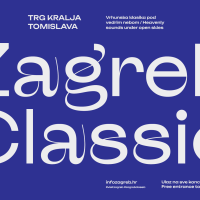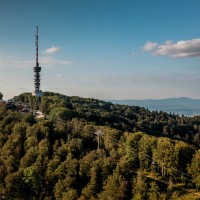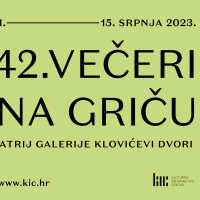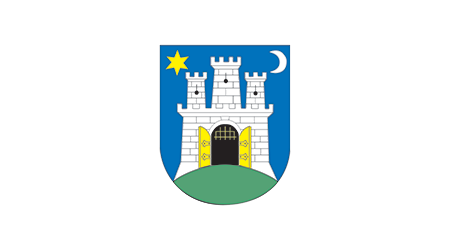The First Cosmic Radiation Detector in Croatia
This year, the Zagreb Observatory will get its first cosmic radiation detector. Following last year’s installation of a new apochromatic telescope, this will create additional opportunities for better quality scientific work, as well as the education of numerous amateurs and space lovers.

Following the installation of a new apochromatic telescope towards the end of last year, a new cosmic radiation detector will be installed at the Zagreb Observatory in the course of 2008. The first instrument for detecting cosmic radiation ever installed in Croatia will become part of an international network, i.e. a project which evolves under the UN aegis. The detector will be constructed in cooperation with the Department for Cosmic Radiation of the Alikhanian Yerevan Physics Institute in Armenia. Along with the obvious scientific significance, the installation of the new piece of equipment will also play a role in the education of the thousands of students and young space lovers who visit the observatory every year.
The observatory at Popov Tower in the Upper Town of Zagreb was first founded in 1903 upon the initiative of the Croatian Society for Natural Sciences. The first manager of the observatory was Oton Kučera, a major promoter of science in Croatia.
The international fame of the first observatory in the region was enhanced by August Kopff, an astronomer from Heidelberg. He discovered the planetoid No. 589 in 1906 and he named it "Croatia" in honor of the new observatory.
Its international fame flourished in the mid-20th century when the Esperanto editions of the observatory spread its name around the world. The scientific work advanced in the 1960s when a new electrical telescope was bought. The observatory and the Croatian Astronomic Society made their greatest cultural contribution to Zagreb when they procured the planetarium in 1963. It was donated to the Technical Museum, where it is still used.
Published: 02.02.2008
 Hrvatski
Hrvatski English
English Deutsch
Deutsch Spanish
Spanish French
French Italian
Italian Russian
Russian Korean
Korean Japanese
Japanese Chinese
Chinese Following the installation of a new apochromatic telescope towards the end of last year, a new cosmic radiation detector will be installed at the Zagreb Observatory in the course of 2008. The first instrument for detecting cosmic radiation ever installed in Croatia will become part of an international network, i.e. a project which evolves under the UN aegis. The detector will be constructed in cooperation with the Department for Cosmic Radiation of the Alikhanian Yerevan Physics Institute in Armenia. Along with the obvious scientific significance, the installation of the new piece of equipment will also play a role in the education of the thousands of students and young space lovers who visit the observatory every year.
Following the installation of a new apochromatic telescope towards the end of last year, a new cosmic radiation detector will be installed at the Zagreb Observatory in the course of 2008. The first instrument for detecting cosmic radiation ever installed in Croatia will become part of an international network, i.e. a project which evolves under the UN aegis. The detector will be constructed in cooperation with the Department for Cosmic Radiation of the Alikhanian Yerevan Physics Institute in Armenia. Along with the obvious scientific significance, the installation of the new piece of equipment will also play a role in the education of the thousands of students and young space lovers who visit the observatory every year.









